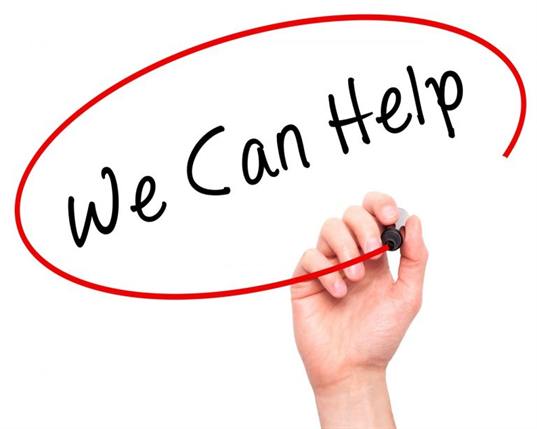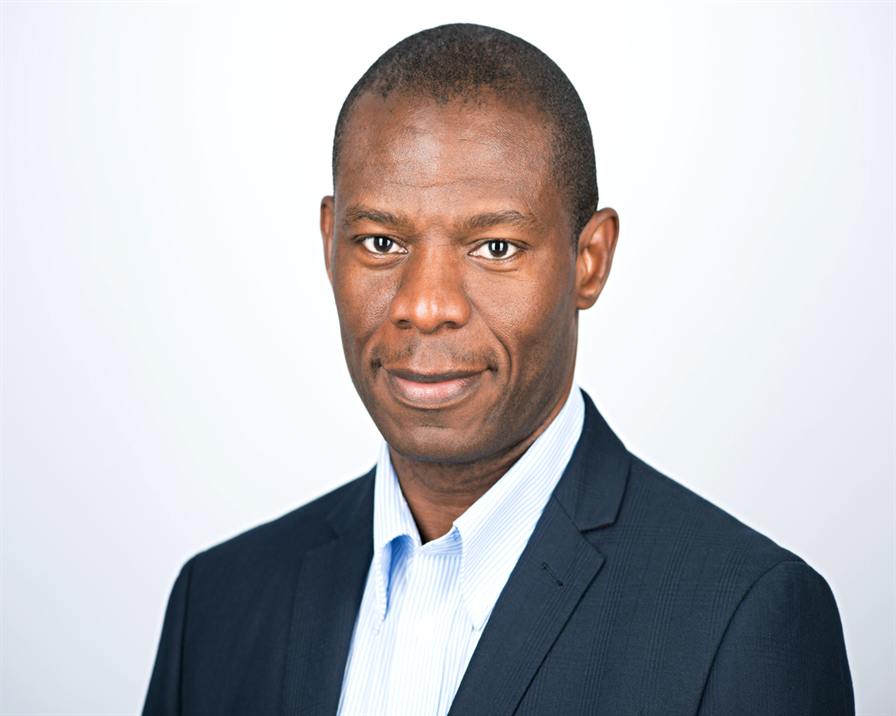
In this article, I hope to convince you that coronavirus deaths are not an act of God.
The majority of coronavirus deaths are avoidable deaths that could have been prevented with good leadership.
In the book ‘Great by Choice’, author Jim Collins told the story of the 1996 Everest disaster in which eight climbers, including Rob Hall, the leader of one of the expeditions, lost their lives.
When tragedy strikes, there is the tendency to focus on the loss of life and neglect to look into the events that caused the tragedy.
Especially, when the tragedy relates to forces of nature.
There is the tendency to resign ourselves to thinking that there was nothing that could have been done to prevent it.
Climbers were climbing the mountain, heavy winds came from nowhere and engulfed them.
That’s the simplistic media version of the death on Everest.
But the story was not that simplistic.
The tragedy was the result of series of catastrophic human errors.
As Mr. Collins rightly pointed out in his book, there were series of preventative actions that would have prevented the tragedy.
The First Catastrophic Error

The first catastrophic error was Rob Hall’s decision to start the climb on a day when there was heavy traffic on the mountain.
Granted it was the only window they had at the time.
Nevertheless, Rob knew it was a risk and decided to take it.
Being aware of the risk associated with overcrowding, Rob attempted to agree a climbing timetable with other teams.
Some of the teams refused to agree to a timetable.
After the meetings with the other teams in which they refused to stick to a climbing timetable, Rob had two choices:
Wait until the mountain was less busy….
Risk climbing an overcrowded mountain with all the associated risk.
He chose the latter.
David Chose Differently

As stated, the team led by Rob Hall was not the only team faced with the decision of whether to climb an overcrowded mountain.
There was another team led by David Breashears.
Like Rob, David had attempted to persuade the other teams to agree a climbing timetable.
When the other times refused to cooperate, David instructed his team to descend the mountain to the disappointment of many of his team members.
For David, the disappointment of his team mates was a lesser price to pay than risking their lives.
That’s good leadership.
Doing what is right rather than doing what is popular.
The Second Catastrophic Error

The second catastrophic error was the critical decision to miss the turnaround time.
Despite the overcrowding, Rob being a skilled climber, managed to get all but two of his team to the summit.
One team member was blinded by the heavy wind and another was slowing down the rest, so they were both asked to stay back and wait for the return of the rest of the team.
After scaling the summit, on their way down, the team member who was left behind for time wasting, begged Rob to escort him to the summit.
Rob was fully aware of the risk of entertaining such a request.
He knew missing their turnaround time could be catastrophic.
But he allowed his sympathy to exceed his interest and the interest of his team.
David’s Human Dilemma Moment

Like Rob, David had a team member who was very disappointed at his decision to descend.
Like Rob’s client, she had trained for years in preparation for the climb.
Climbing Everest is not something done lightly.
It requires months, sometime years of training.
So, to be at the foot of the mountain and be told to retreat is very disappointing.
But David was the leader.
He had to make the difficult decision for his team.
That is the essence of leadership.
There are times when leaders are expected to make difficult calls that will be unpopular with their constituents.
Leaders do what is right, not what is comfortable.
The Third Catastrophic Error

The third catastrophic error was having just enough oxygen for a single climb.
In ordinary human endeavour, things do not go according to plan, let alone climbing the world’s tallest mountain.
There was always the possibility that something would have gone wrong.
If there is one thing you do not want to run out off on your way to the world’s tallest mountain is oxygen.
Oxygen or the lack of it is the difference between life and death on Everest.
Rob’s team has enough oxygen for a single climb.
When they ran out of oxygen, they got into trouble.
David to the Rescue
The members of Rob’s team that were eventually rescued were kept alive with the extra oxygen from David’s team.
Like Rob, David was also an experienced climber.
He knew things could go wrong on the mountain, so, he had spare oxygen stake aside for emergency.
The Coronavirus Analogy

The coronavirus has already taken out over a million people and we have not even entered the flu season yet.
Heaven knows how many families will be grieving when it is all over.
The most common excuse our political masters and their experts make is, the coronavirus is new.
And China is being blamed for failing to release info about the virus earlier.
I am not sure if a lot of people see the China blaming irony.
The virus has been with us for almost a year, most of our experts continue to claim the virus is a moving target.
Yet, China is blamed for not disclosing info about a virus that it only had few weeks to deal with.
Every smart person knows blaming China is simply an excuse.
Blaming China is simply a coverup of our leaders inability to effectively deal with the virus.
Talking About China
We know from Journalist Bob Woodward’s interview with President Trump that the Chinese President was open with Mr. Trump about the dangers of the virus.
That much Mr. Trump admitted himself.
The decision not to act was his and his alone.
Enough about China, I am beginning to sound like the Chinese Foreign Ministry spokes person.
Why the Chinese Angle?
So, why did I introduce the Chinese element to this article?
China was introduced because the entire Western coronavirus strategy is based upon blame and excuse.
China is been blamed for not revealing info about the virus early enough.
Experts are blaming their political masters for not listening to their advice.
Political leaders are blaming the people for not following government recommendations and restrictions.
The most common excuse being the coronavirus is a moving target.
But as we saw in the Everest story, there is always an element of poor judgement and bad strategy in every failure.
Blame It on the Rain

The media characterisation of the Everest tragedy was death caused by bad weather conditions.
However, as you can see from the above deconstruction, bad judgement was the root cause of the tragedy.
We see a similar scenario playing out in the majority of Western nations in relations to the handling of the coronavirus crisis.
From the case of gross incompetence in the US and the UK to complete cluelessness in countries like France and Italy.
The US is an outlier.
US President Trump is unique, do not try what he does at home, it could be fatal.
His response cannot be used as his a model for discussion.
But what we see in a country like the UK is the lack of an effective strategy.
The UK government strategy is simply to keep the virus under control until a vaccine is found.
Waiting for a vaccine is not a strategy.
This is why all they do is local lockdown to contain the virus in a specific location, when the virus is contained in that area, they ease the lockdown.
Wait for the next spike, lockdown that area and ease the lockdown once the numbers begin to go down.
That is not a smart strategy.
It’s simply a recipe for prolonging the virus.
We see a similar strategy being used in country after country all over Europe.
Like waiting for a vaccine is not a strategy, lockdown is also not a strategy.
What the UK and Europe need is a long-term cohesive strategy.
Coronavirus is not going away any time soon.
We need to find a way of living with it.
Lessons from Deaths on Everest for Europe

The deadliest mistakes Rob Hall made on Everest that resulted in the fatalities was reneging on the turnaround time.
Which was done because he did not want to disappoint one of his clients.
When a Japanese member of his team was weeping after he gave the order to descend, being fully aware of the dangers David stood his grounds.
His team descended.
Faced with similar situation, Rob gave in, which turned out to be a deadly mistake.
Many Western leaders keep claiming they do not want to impose stricter restrictions on their countries because it’s undemocratic.
China can impose strict restrictions because it’s an authoritarian state but Westerners cannot because theirs is a democracy.
I call BS on that.
When Al Qaeda and IS were threatening Western nations, they did not simply allow them the freedom to act.
They took the necessary actions to protect their people.
Coronavirus is more deadly than Al Qaeda and IS combined.
To now invoke democracy as an excuse for inaction is disingenuous.
Freedom comes with responsibility.
Where one person’s right stops, is where another person’s right begins.
High risk individuals like me have the right to live free of threat caused by the irresponsibility of others.
The democratic excuse for not imposing stricter restrictions in Western countries is simply an abdication of responsibility and the inability to develop effective strategy.
Rob Hall had good intentions.
He did not deliberately set out to commit suicide and take his clients with him.
But good intention is not a substitute for good judgement.
In high stakes situations poor judgement can be fatal.
The coronavirus crisis and its accompanying death is not an act of God.
It’s simply the result of poor judgement and bad strategy.
Which means, we still have a chance to course correct.



Leave a Reply